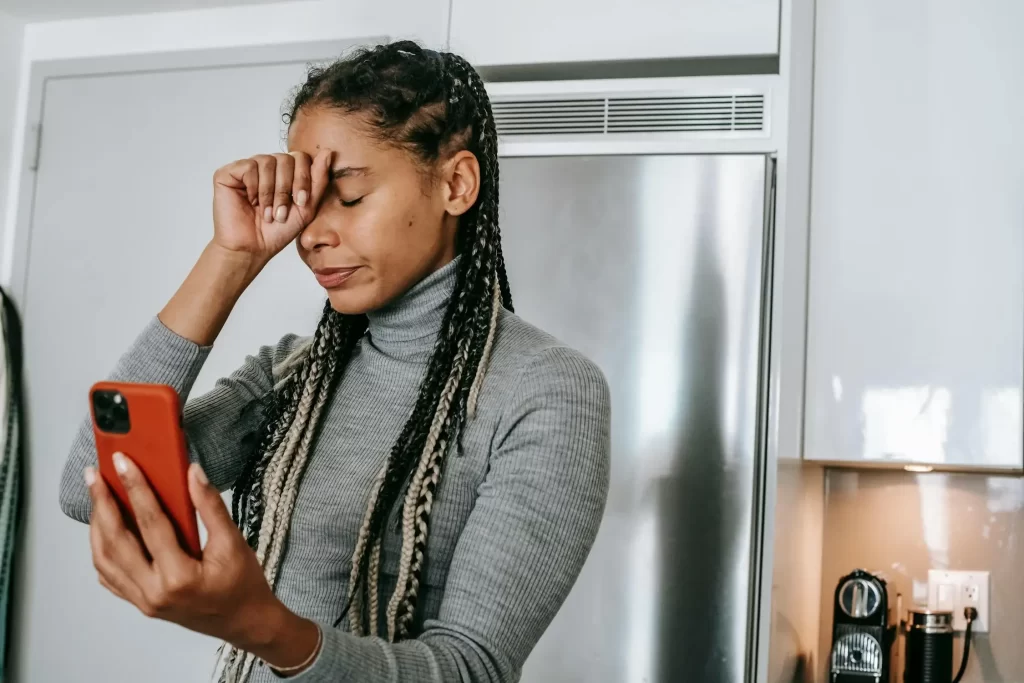By Alena Gerst, LCSW | Founder, Director, Psychotherapist
Anxiety remains one of the most common mental health conditions in the world. It affects millions of people in different ways. While some are able to function well on the surface, others might have a hard time simply getting through the day because of such strong, debilitating anxious thoughts.
One of the most interesting things about anxiety is that there isn’t just one underlying cause, by a long shot! While we can point to some common anxiety “themes,” the triggers for anxiety are as infinite and unique as we are. Everyone deals with certain triggers and experiences that shape the way they feel, and many of those things can lead to anxious feelings and anxiety driven behaviors. And how you deal with anxiety will give us more information on your coping skills and resilience building.
After all, you cannot build resilience if you don’t have stress.
With that in mind, let’s take a closer look at what triggers anxiety. From childhood experiences to daily stress, and everything in between, you might be surprised to find out where your anxiety really stems from.
Problems in the Past
It might be hard to believe that the anxiety you’re experiencing today could be triggered by something that happened in your childhood, but it’s very possible. Those early years shape who you are as a person and contribute to how you experience yourself and the world.
Experiencing or witnessing traumatic events as a child can trigger anxiety later in life. That includes anything from physical, emotional, or sexual abuse to having parents who were emotionally unavailable, or who behaved and modelled their own anxiety run amok for you. All of these things can negatively impact the development of a child and is often, but not always, correlated with insecurities and fear.
Family instability can also contribute to anxiety early on. Kids are incredibly resilient and creative with their coping schools. But a big change like the death of a family member or a divorce can be triggering, even if you just rolled with it at the time.
It’s not always a family issue that can contribute to negative childhood experiences. Things like bullying or social exclusion at school can contribute to anxiety, as well as societal and community based stressors such as racism, antisemitism, anti LGBTQ messages, and body shaming. These issues might make you more prone to social anxiety, or the fear of being judged or ridiculed by your peers.

Daily Life Stressors
Daily life stressors can be more problematic than you might think, potentially contributing to anxiety that is hard to overcome, especially when the triggers persist longer term.
Work and home related stress is a problem for many people. Maybe you work long hours, and it’s taking a toll on your personal life, or you feel a lot of pressure to succeed. Or maybe you’re dealing with toxic people at work, or a challenging situation at home within your family. Any of these situations can lead to anxiety. And quite often we see these stressors taking place in more than one environment. It’s not unusual for someone coming in for anxiety treatment to describe anxiety-provoking situations both at home and at work.
Worrying about things in your life, like money, climate, current events, personal health problems, grief, or even relationships, can also contribute to anxious thoughts. Anxiety is often fueled by the unknowns and “what ifs” of life. Unfortunately, there are plenty of those issues on a daily basis, from experiencing family conflicts to worrying about affording groceries. While the “unknowns” is a part of life that we can not escape, this is in direct contrast to anxiety, which is always seeking certainty and accommodation.
Change and uncertainty can be scary, even when they’re good. Anxiety can also come from positive milestones like a big birthday, a marriage, or new child. Learning how to manage the anxious thoughts that often accompany them is important to your overall well-being and mental health.
What Can You Do?
Being able to identify what has triggered, and continues to trigger, anxiety in your life is a good place to start. When you understand where your anxiety comes from, you can take active steps toward managing it.
Can you completely “cure” yourself of anxiety? We don’t necessarily aim for a “cure” in therapy. What we’re looking for are ways to build your tool box of coping skills so you can feel less anxious about anxiety.
Self-care practices like mindful awareness in your daily life, a brief daily meditation exercise, journaling (if you’re so inclined), adequate sleep, good nutrition, and physical movement can all help to reduce stress and make managing your anxious thoughts easier. Having people in your corner who will listen and support you will also make a significant difference in helping to build your resilience.
If you’re still struggling, therapy is another effective way to learn how to cope with your anxiety on a daily basis. It can also help you get to the bottom of what triggers it, so you’ll better understand your anxious thoughts when they show up.




